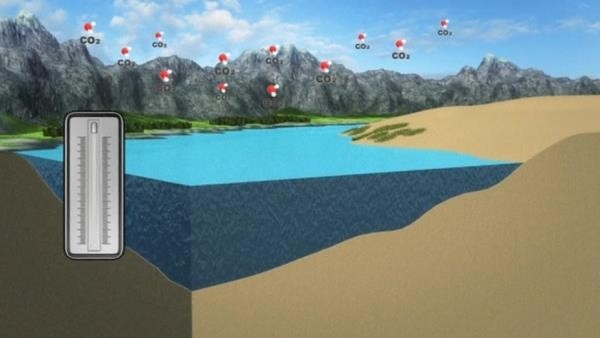Some climate scientists are so worried sick about global warming that they are showing signs of psychological stress, Esquire informs us. UPI has some good news and some bad news concerning climate change on Saturday. The good news is that global warming is not going to happen after all, at least for a long while. The bad news is that we’re in for a mini-ice age starting about 2030. The culprit is an engine that affects climate far more powerful than anything humanity can devise. That engine is the sun.
The sun is the source of all climate, its light and heat interacting with the complex system on Earth with its atmosphere and bodies of water. Solar scientists are predicting a 60 percent decrease in activity on the sun, which will trigger the mini-ice age. The last time this event happened cause a mini-ice age between 1645 and 1715 during which the Thames regularly froze during the winter. If the solar scientists are right, we’re in for some bitter cold winters for at least a decade, perhaps more, in the middle of the 21st Century. This is a far cry from the confident predictions of climate scientists of melting ice caps, rising sea levels, storms, famines, and pestilence that they say will result from global warming.
The prediction suggests that far from wanting to cut back on carbon dioxide emissions, the world community might want to consider increasing them instead. A little greenhouse effect might go a long way toward mitigating the frigid future that yet another group of scientists say is in store for us. On the other hand, the dueling predictions suggests that some caution and no little flexibility might be in order where policies related to global warming or global cooling or whatever constitutes climate change is this week.















